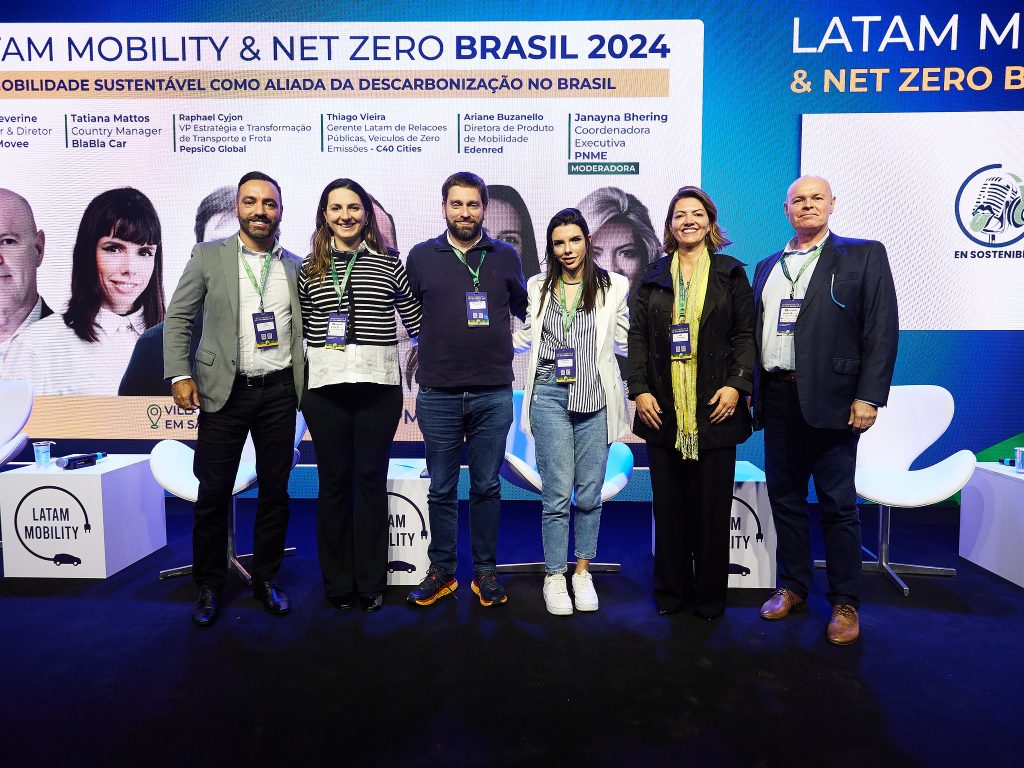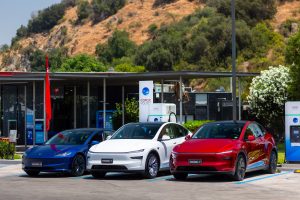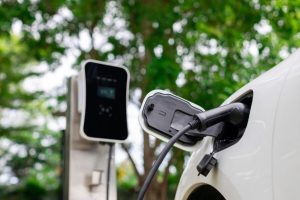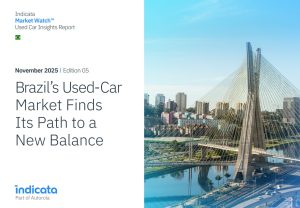
BlaBlaCar, C40 Cities, Edenred, Market Movee and PepsiCo Discuss the Importance of Sustainable Mobility for Decarbonization in Brazil
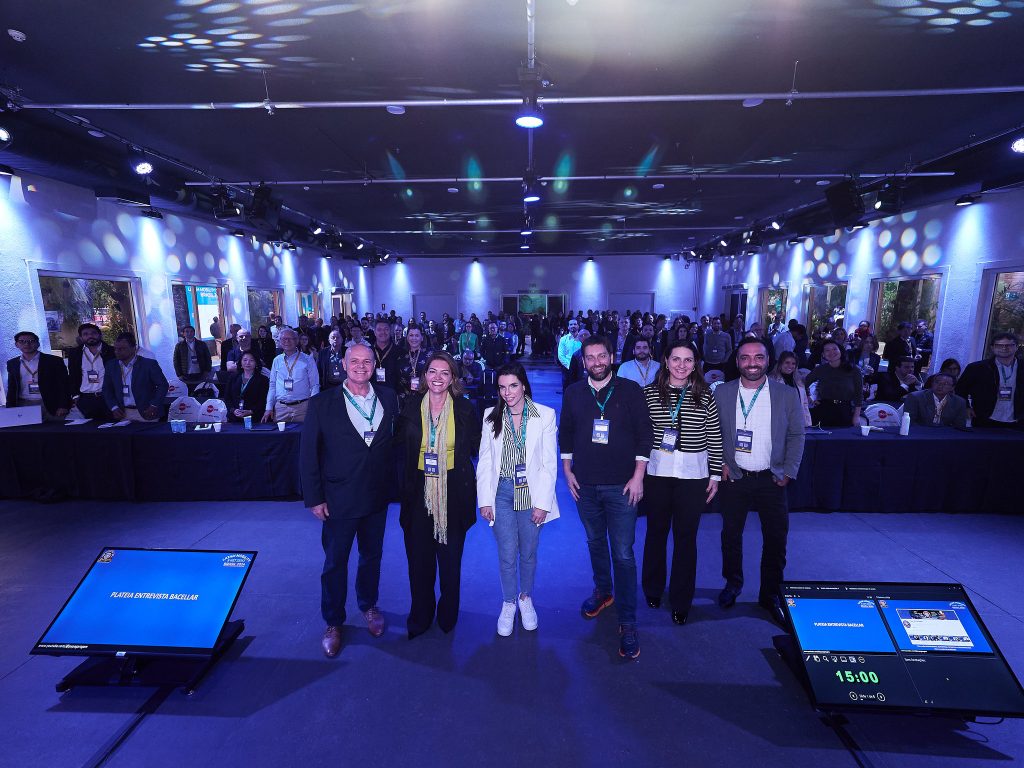
The city of São Paulo became the epicenter of mobility and sustainability, opening its doors to the “Latam Mobility & Net Zero: Brazil 2024“, which brought together the most prominent leaders of the public and private sector who analyzed the current situation and prospects in the country and the region.
The meeting included the panel “Sustainable Mobility as an Ally of Decarbonization in Brazil“, which was attended by Márcio Severine, Founder and Director of Market Movee; Tatiana Mattos, Country Manager Brazil of BlaBlaCar; Raphael Cyjon, Vice President of Strategy and Transformation of Transportation and Fleets of PepsiCo Global; Ariane Buzanello, Mobility Product Manager at Edenred, and Thiago Vieira, Public Relations Manager Latam at C40 Cities, under the moderation of Janayna Bhering, Executive Coordinator of the National Platform for Electric Mobility (PNME).
You may also be interested in: Representatives of São Paulo, ICCT and InvestSP Discuss Brazil’s Energy Transition
Multimobility and Intermobility
Tatiana Mattos, Country Manager Brazil of BlaBlaCar, explained that the company has set itself the challenge of building multimodality corridors to contribute to more sustainable cities. “We currently have more than 35,000 routes on our platform, including axes that are not covered by public transport, so we offer a solution for door-to-door travel.”
Mattos explained that BlaBlaCar has more service offerings, such as Boost, in which they not only share trips from the same point of departure to the point of arrival, but through an algorithm they pick up customers during the route and in an optimal way. In addition, they have an ‘Outdoor’ process, in which “multimodality becomes intermobility, by combining hitchhiking with buses and trains.”
“It’s a big challenge for us in Brazil. We count on digitalization so we can anticipate consumer behavior. The goal is simple: fill the seats, make door-to-door trips in multiple ways, and make sure that at the end of the day we emit less CO2. There’s a lot of technology in our services to make the equation work.”
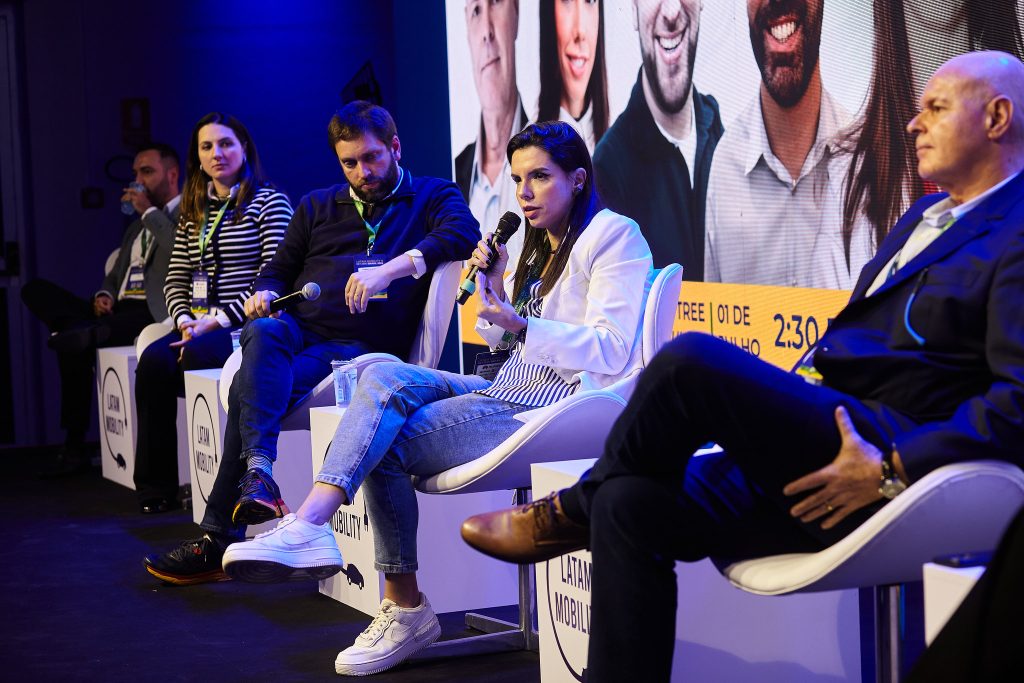
Searching for Solutions
Raphael Cyjon, a representative of PepsiCo Global, explained that the company is committed to reducing emissions by 75% by 2040, not only in transportation, but throughout the value chain within the transnational’s plants. “We cannot stand still, we must find solutions by sharing solutions to move forward and achieve the decarbonization goals we assume.”
“At PepsiCo we are in constant search of solutions, and an example of this is our fleet renewal and the telemetry being installed on our trucks, which drive the objectives, and even, offer quality of life to our drivers. It is about investing with the company’s plans for its own sustainability in mind,” Cyjon added.
“We must go out and look for alternatives as a society, and let go of the status quo. We have to move towards a vehicle fleet with more clean fuel vehicles, whether electric or hybrid, taking into account ethanol, which provides a significant reduction of pollutants, and besides, in Brazil we have the privilege that biofuel does not affect food. We must continue to be creative and keep searching for solutions,” emphasized the PepsiCo representative.
Integrated Approach
Márcio Severine, Founder and Director of Market Movee, a consulting firm for electric mobility, indicated that the company develops fleet decarbonization and charging infrastructure solutions at the project management and operation level. “What we are doing now is expanding our scope. In addition to consulting, we sell electrical equipment, charging infrastructure, battery systems and industrial automation.”
“We have seen the kick-off towards electrification, and from the beginning of next year, the volume of electrified vehicles should be growing, along with the size of infrastructure projects, as well as financial volumes, both in terms of fleets and condominiums, not forgetting public transport. In all the years I have been working with electric mobility, I have identified in the market the need for engineering companies that know electrification, vehicles and offer decarbonization solutions to companies,” said Severine.
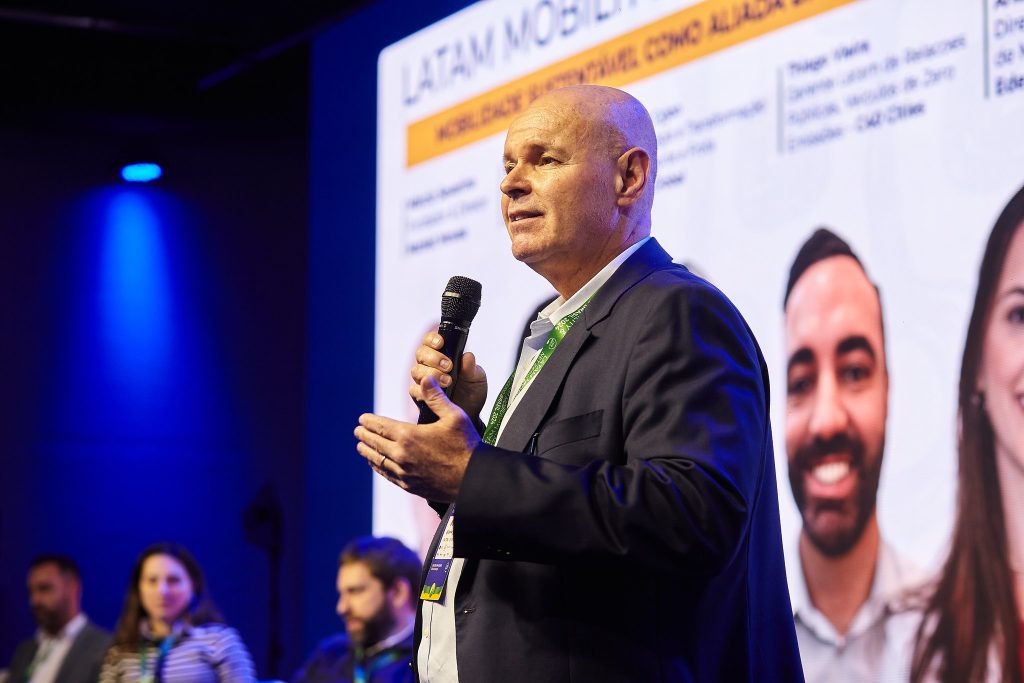
“The market is going to demand greater professionalism in installations and projects, which is what the customer needs. Currently, the interest is to show economic benefits to fleets to adopt electrification, so solutions are needed. At Market Movee we bring an integrated approach to both the vehicle charger and the management system, installation and maintenance of the chargers, to provide continuity to the customer throughout the entire process,” said Márcio Severine.
Tools to Decarbonize
Ariane Buzanello, Edenred‘s Mobility Product Manager, indicated during the “Latam Mobility: Brazil 2024“, that the company is committed to being net zero by 2050, and is in constant search of transferring the positive impact abroad. “We are constantly looking for ways to get closer and closer to our customers, and offer them more tools to decarbonize their mobility emissions.”
“Measuring means showing the impact of mobility emissions on customers. And that’s where the first stage of the journey comes in: looking for alternative modes of transport, so we launched a card in which we manage urban mobility in Brazil, encouraging travel not only by car, but by other alternative modes. In addition, at Edenred we conducted several customer analyses that show the financial and operational impact of migrating to ethanol, and the difference is great. In terms of emissions, ethanol is 99% cleaner than gasoline“, said Buzanello.
On the other hand, the Edenred representative pointed out that they are moving forward with new formats. “We have been working on the Electricity Strategy, allowing payments for electric recharging in some solutions, and on a more holistic fleet management, in which the company performs preventive car maintenance, since the way we drive is related to fuel consumption and carbon emissions. We are approaching our customers to raise awareness that the change in Brazil depends on each one of us.”
Support and Financing
For his part, Thiago Vieira, Public Relations Manager Latam at C40 Cities, noted that they collaborate with companies on the road to decarbonization. “We know that the transition to electricity has an additional cost, and that assets are more expensive, so we help to make that difference in investment smaller, through two routes.”
“The first route is through our multilateral banks, which are C40 partners. We help companies structure projects based on additionality mechanisms, and from there, we support them in obtaining funds that are more competitive than market rates. We have close relationships with IDB Invest, KfW and other organizations, with whom we have managed to launch several projects.”
“The second, more important and challenging avenue is that in C40 we don’t think it is fair that companies are responsible for all the investment, and we are in a process with the cities that are part of the network to discuss the benefits that can be granted to companies. In Rio de Janeiro, we have a project to create the first low-emission freight district. The more you share, the more you can dilute the investment cost that needs to be made,” Vieira said.
“The two paths we offer are financing and support. Cities can’t do this alone, so we are open to ideas that companies offer us. In the organization we are the bridge between the public sector, such as cities, which provide the spaces and guided policies, and the private sector, which provides the structure and investment,” concluded the C40 Cities representative.
